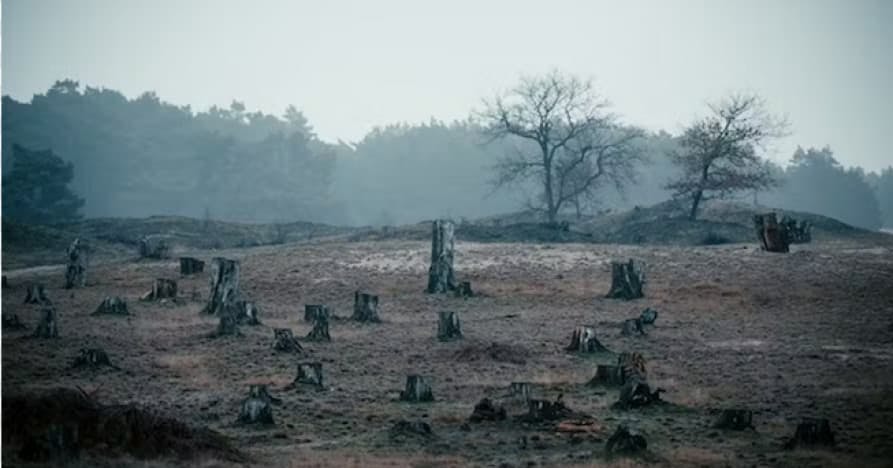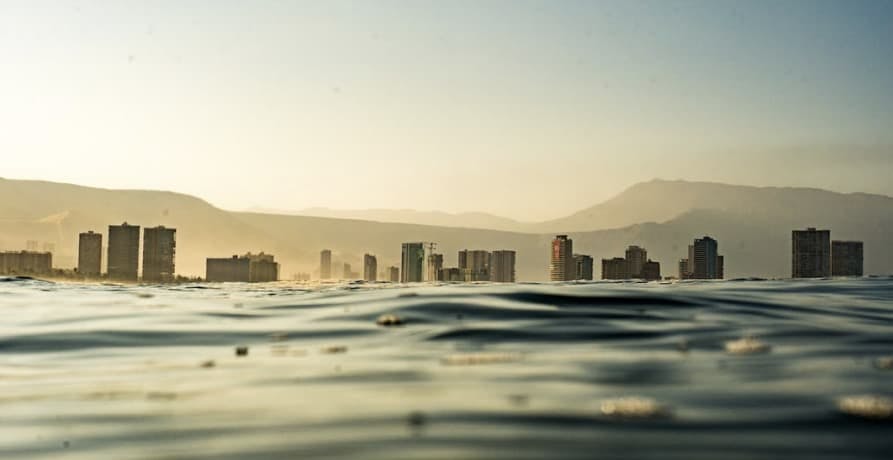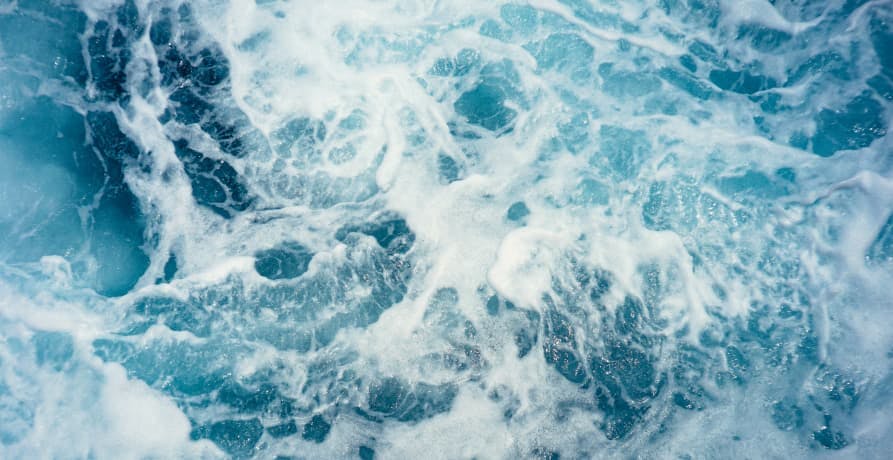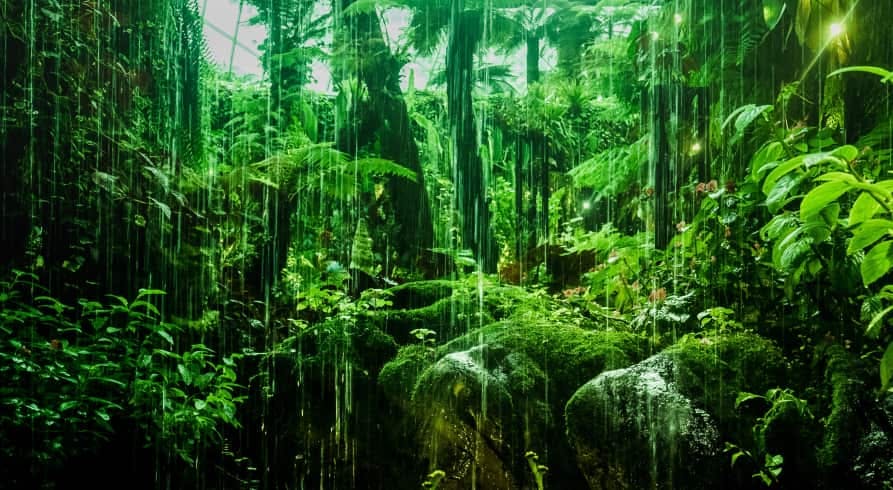ESG / CSR
Industries
Ecocide: Definition and Examples



Climate change and other natural disasters are creating immense problems like the destruction of local communities, developing countries, forests, oceans, and indigenous habitats – and when these are done on purpose for an ulterior motive besides helping the environment, it’s called ecocide.
Ecocide is wreaking extensive, unnecessary added havoc on the environment, and it doesn’t show any signs of slowing down anytime soon.
Why is ecocide bad for the planet, and what can be done to mitigate its negative impact on the planet?
What is ecocide?
Ecocide is committing any unlawful or detrimental act that one is well-aware will cause severe, irreversible long-term damage to the environment. Ecocide has a negative human impact on the environment by causing mass destruction to our delicate ecosystems that are imperative to sustain all types of life on Earth.
In fact, did you know that ten countries around the world have actually ruled ecocide as a crime by law?
Examples of ecocide include when nations cause substantial destruction to an ecosystem, or or putting the health or well-being of a species or the human population at risk.
In short, ecocide is doing anything that is going to harm the planet or life on planet earth in the long run. An act that is considered to be ecocide is not usually one that is, “one and done” and can be easily reversed. Acts that are considered ecocide add to the already existing, negative consequences that people suffer today due to global warming.
Is ecocide harming the environment?
Ecocide is absolutely harming the environment.
Without naturally thriving ecosystems, life on Earth isn’t sustainable for anything or anyone. If trees are destroyed, it impacts the rest of the biodiversity in the surrounding area, which then will impact the food chain that humans rely on for survival.
Natural disasters that are growing in both intensity and frequency due to global warming like hurricanes, tornadoes, and heatwaves – are already destroying local communities, developing countries, and creating more work than is already necessary to establish and maintain a functioning community.
For example, deforestation is one of the most common examples of ecocide. Deforestation leads to soil erosion, which can lead to lack of sufficient food production, and then forces natives to leave their natural settlements for hundreds of years. Basically, ecocide is a domino-effect: one purposeful human-created environmental disaster directly impacts another, and ultimately influences all other forms of life (i.e. animal species, plants, flowers, etc.) that are compulsory to creating healthy ecosystem to provide all the natural elements essential for a healthy human life.
Ecocide is often done in order to create more room for urbanization or new industrialization sites – both which are not nearly as essential as forests, healthy soil, and accessible drinking water are. Climate change and natural disasters are creating enough environmental problems as it is, but ecocide is voluntarily adding onto the consequences of disrespecting mother nature that we’ve already caused as the human population and industrialization have grown exponentially.

How does ecocide affect indigenous people?
One of the most devastating effects of ecocide is how ecocide destroys the historical and preserved cultured lives of indigenous people.
According to Hindou Oumarou Ibrahim, Ecocide is equivalent to a crime becoming a crime, as it causes a measurable impact on the environmental health of our planet – and it is ironic that these indigenous people are often forced out of their native homes due to the decision of others to murder the planet, but that those people committing to deforestation or other acts of ecocide face no repercussions on their own.
Those adhering to ecocide are directly harming the indigenous people, when the truth is – the rest of the global population should be learning from them.
Indigenous people are known to treat nature with the respect that it so rightfully deserves, and with the careful consideration that could be the key to changing the future trajectory towards worsening climate change.
Even though indigenous people only make up five percent of the Earth’s population, they protect eighty percent of the globe’s biodiversity through their values. Therefore, ecocide is not only harming the environment – but one of the planet’s greatest resources to help sustain the well-being of the biodiversity that hasn’t yet been destroyed: indigenous people.
What are the different types of ecocide?
Ecocide comes in several different forms, as ecocide is any activity that causes a long-term, negative domino effect on the environment.
Here are some of the most common types of ecocide.
Deforestation
One example of ecocide is deforestation.
Deforestation is the purposeful destruction of forest land around the world, usually for the sake of using the land for urbanization or industrialization. These forests are crucial to our ecosystem, and therefore are considered an example of ecocide.
Damage to the Ocean
Any damage to the ocean is also considered an example of ecocide. Damage to the ocean can be caused by industrial fishing, oil spills, or plastics.

Water and Soil Pollution
Another example of ecocide is water and soil pollution, which can be caused by deforestation itself, but also by various chemical spills or mining activities.
Air Pollution
Perhaps the most common and frequent example of ecocide is air pollution, which is most often caused by carbon dioxide or greenhouse gas emissions due to industrial production by large industries – but also can be caused by nuclear disasters or radioactive releases.
6 specific examples of ecocide
Now that you’re familiar with the general types of ecocide, here are some of the most recent incidences of ecocide around the world. It’s important to note that there have been numerous incidences of ecocide, and these are just a few examples.
1. Chernobyl Accident
In 1986, an explosion occurred at the Chernobyl Nuclear Power Plant that emitted toxic radioactive materials into the atmosphere – even more than the atomic bombings of Hiroshima. This nuclear power plant accident provoked a radioactive cloud that has spread to Europe. Even if the cloud is to dissipate itself, there will still be harmful nuclear discharge. This is an example of ecocide as nuclear power plants are man-made methods of accumulating heat and steam, when renewable energy resources could prevent an incident like this from occurring.
2. Deep water Horizon Spill
Back in 2010, this oil spill covered a whopping surface area total of 149,000 kilometers squared,and caused nearly 1,770 kilometers of pollution alongside the coastline.
If we seek renewable energy resources instead of oil, an ecocide like this one wouldn’t happen in the first place.
3. Deforestation in the Amazon
There have been numerous, detrimental occurrences of deforestation around the world, but the most well-known and worst one is the deforestation happening in the Amazon.
The Amazon has lost the amount of trees equal to the size of France, all for the sake of creating new land for livestock farming or harvesting timber.
The need for our forests is more imperative than urbanization or industrialization, but ecocide doesn't appreciate the importance of natural resources like forest lands.

4. Plastic in the Pacific Ocean
Plastic isn’t biodegradable, and the production of plastic itself produces carbon emissions as well – making it one of the environment’s greatest threats. There is an insurmountable amount of plastic in the Pacific Ocean – imagine the size of France three times … that’s how much plastic is sitting in the ocean.
The plastic predicament in the Pacific Ocean is considered the world’s worst oceanic landfill, as it has 1.8 trillion pieces of plastic floating there. Plastic is completely avoidable, and while the production for plastic itself may not stop anytime soon – try to purchase glass containers or use reusable bags whenever you can to save the sea turtles.
5. The Aral Sea’s Disappearance
The Aral Sea is located in Central Asia, but due to the need to re-allocate the water from the two rivers that supplement the water supply in the Aral Sea – it’s almost completely dry, and it was once the world’s fourth largest sea!
The supply of water is sparse enough as it is, and depleting a source of water like the Aral Sea deplenshises resources for the life and biodiversity that dwell there – which ultimately impacts the rest of life on Earth.
6. Toxicity in the Niger Delta
The water in the Niger Delta has been poisoned by consecutive oil spills, which has resulted in the inability to grow or harvest crops.
The superfluous production of a nonrenewable resource like oil is impacting both wildlife and food supply – as locals near the Niger Delta are left famished without any means to cultivate any new edible produce.
All in all, these are just a few of the many examples of ecocide, and as devastating as they are – the truth is, they can be avoided if more businesses made the effort to avoid causing more damage to the environment.
What is being done to stop ecocide?
As mentioned earlier, there are several nations in the world that have ruled ecocide to be considered a lawful crime. These nations include Russia, Kazakhstan, Kyrgyz Republic, Tajikistan, Georgia, Belarus, Ukraine, Moldova and Armenia.
However, on a global level – is the international Stop Ecocide Foundation.
The Stop Ecocide Foundation began back in 2017 and was co-founded by Polly Higgins and the current Executive Director Jojo Mehta.
The Stop Ecocide Foundation is located all over the world, and their main mission is to encourage a global conversation about the harmful effects of ecocide both in a political and personal sense to provide the proper incentive to everyone.
The Stop Ecocide International Foundation, otherwise known as SEI for short – is the pivotal force responsible for the global movement to establish ecodie as a legitimate crime. The main mission of the Stop Ecocide Foundation is to develop global support across multiple sectors to achieve their goal of making ecocide the equivalent of a crime. They accomplish this by collaborating with diplomats, politicians, lawyers, corporate leaders, indigenous people, influencers, academic experts, grassroots campaigns and individuals to create a collective, unified fight towards bringing awareness to the damage that ecocide causes globally.
How can you help to prevent ecocide and general environmental damage?
Besides joining the Stop Ecocide Foundation, there are many ways you can get involved in preventing more environmental damage than ecocide has already caused.
For example, just doing the small things to mitigate climate change can really help illustrate your support towards preserving the environment. Take public transportation whenever possible, eat plant-based food, don’t support companies that don’t demonstrate sustainable business practices or promote greenwashing, and avoid using or purchasing plastic products whenever possible.
Climate change and ecocide are problems that aren’t going to go away on their own – we must join together as citizens of the globe and protect the one home that we have. After all… there’s no planet B.
What about Greenly?
If reading this article about ecocide has made you interested in reducing your carbon emissions to further fight against climate change – Greenly can help you!
Greenly can help you make an environmental change for the better, starting with a carbon footprint assessment to know how much carbon emissions your company produces.
Why not request a free demo with one of our experts - no obligation or commitment required.
Click here to learn more about Greenly and how we can help you reduce your carbon footprint.




